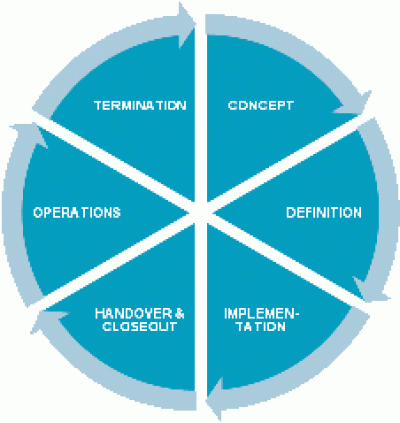There are important benefits in understanding what the lifecycle of a system is and using that understanding to align the processes and teams to its use. The life cycle of any system includes the entire spectrum of activity involved in development, from the identification of a need through to dealing with obsolescence. As the development progresses, there will be interactions between activities in different stages and this leads to concurrent engineering throughout. Although we talk about life cycles in a generic way, it is evident that the most appropriate type of lifecycle will depend on the type of project, the technology involved, the particular constraints, and the state of maturity of the organisations involved. That is why it is essential to have proper tailoring processes to choose the life cycle type best suited to the circumstances and the project.
The specific activities and the duration of each will vary depending on nature, complexity and purpose of the system as well as the factors above. Even with appropriate tailoring in place, needs, teams, stakeholders may change and processes need to be robust to handle these changes and also to allow for improvement.
Stages in a lifecycle
It is generally understood that Systems Engineering is good engineering with emphasis in certain designated areas. The stages of the life cycle that will have to be
adapted accordingly will be from,
‣ User need definition
‣ Requirements elicitation and management
‣ Architecture definition
‣ System design
‣ Sub-system design
‣ Manufacture or implementation
‣ Testing
‣ Integration
‣ Verification
‣ Validation
‣ Delivery
‣ Operations and support
‣ Disposal
« back to modules
 Close
Close


